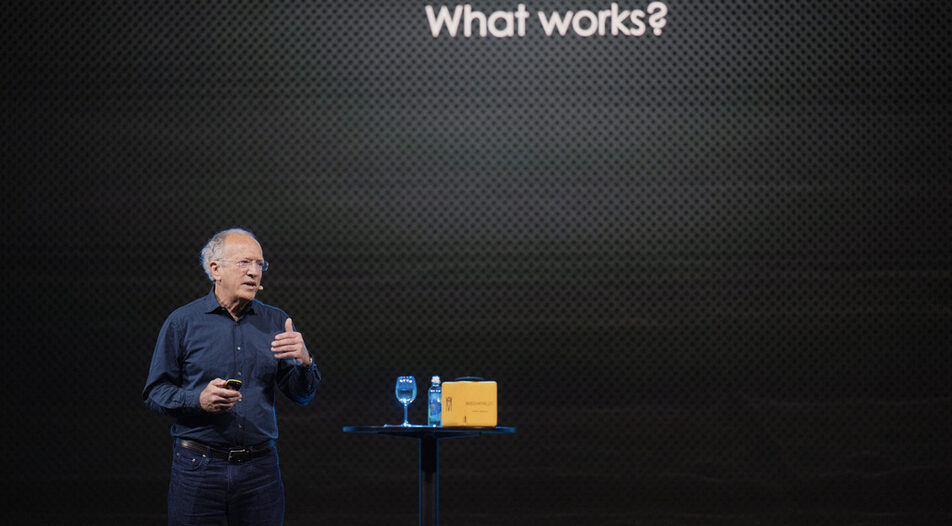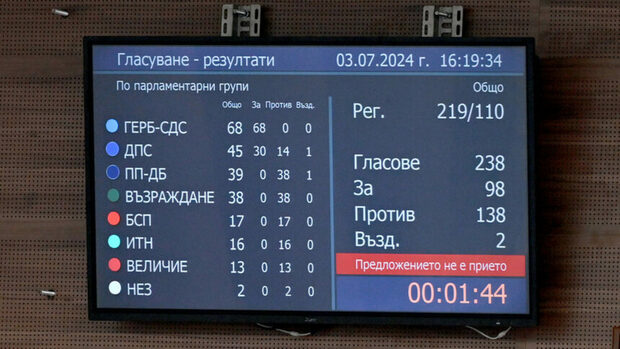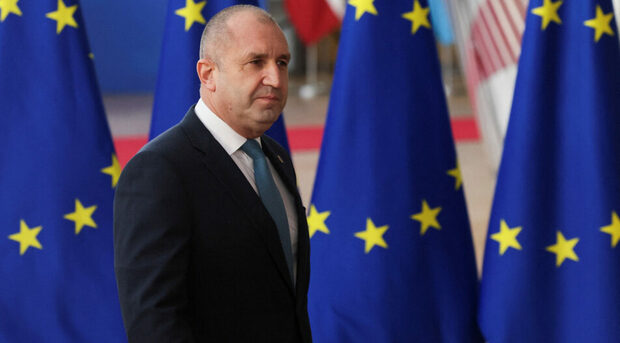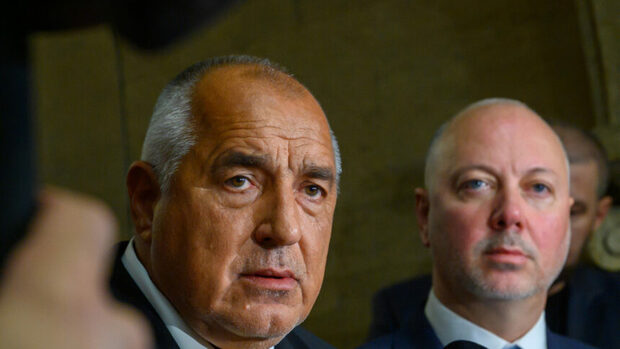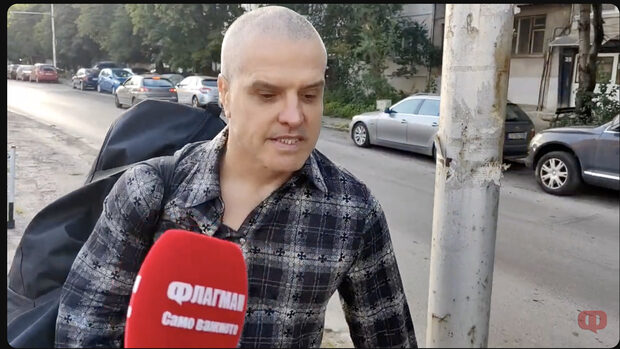When Marc Morial was elected mayor of New Orleans, Louisiana, in 1994, he had a very serious problem on his hands - he couldn't trust his police. The 1,500-strong department was rotten, seemingly beyond repair, brimming with corruption and impunity. The city was named "the murder capital of the USA," with only one out of three homicide cases getting resolved.
Underpaid police officers were busier doing their part-time jobs as private security guards in strip clubs and bars than resolving murders and some went as far as to assassinate people who filed reports against them. In practice, the police had become another arm of the organized crime world in the city.
So Morial turned to veteran Washington police chief Richard Pennington for help. Pennington was welcomed to the job by a local FBI agent who described the dire situation of his new department where senior officers were involved in the drug trade and faced federal investigations. "Welcome to New Orleans," the agent said.

Changing the rules, making an example of someone
How did Pennington approach the problem? "He figured that probably the majority of the police officers were in some way participating in this corruption. But his theory was there were probably 10-15% who were driving it, who were the ringleaders. There were probably another 10-15% who were keeping their heads down and not going along with it, even though they weren't complaining to anybody. And there was probably about 70% in the middle who were just going along with the culture," says Christopher Stone, professor of practice of public integrity at University of Oxford who shared several successful cases of building a culture of integrity in rotten institutions during this year's International Anti-corruption Conference (IACC) in Vilnius.
What Pennington did was to eliminate the first 10-15% - over the next five years, 350 of the 1,500 officers in the city were fired, indicted or disciplined in some way, all with the help of the FBI and the Federal Justice Department. Then he replaced them with people from the "uncorrupted" 15%, which swung the middle 70% into compliance.He also banned after-duty side hustles by officers and introduced community policing to bring in the public as an additional watchdog. In only five years, the number of killings in the city dropped four times.
The conclusion: "don't focus on everybody who had participated in corruption, but on those 10-15% who were driving it. This will move the people in the middle in terms of behavior. So you don't have to lose all of the talent, all of the capacity of the organization," Stone says.
Don't just fight corruption, make an organization that delivers
The second story of Christopher Stone takes us South of Louisiana - in Paraguay, where young former activist Soledad Nunez found herself as the newly appointed head of the country's Housing Ministry after a reformist government won the elections in 2013. The ministry was notorious for its nepotistic appointments, and rigged tenders, but most of all - for its inefficiency. The country was facing an acute housing shortage, with more than 1 million houses in demand, but the authorities could only manage to build around 1,000 units annually. To add insult to injury, most of those were of exceptionally poor quality.
So what did Nunez do? Just like Pennington, she first went on to fry the big fish. In this case - deputy director and head of administration in the ministry, Rufinos Gonzales Flores, known as "the King." Beloved by his employees for organizing barbecues at his private football pitch in his lavish home, sponsored with kickbacks from rigged procurement contracts, "the King" was briefly ousted. This created a window of opportunity for Nunez to rearrange things in the institution.
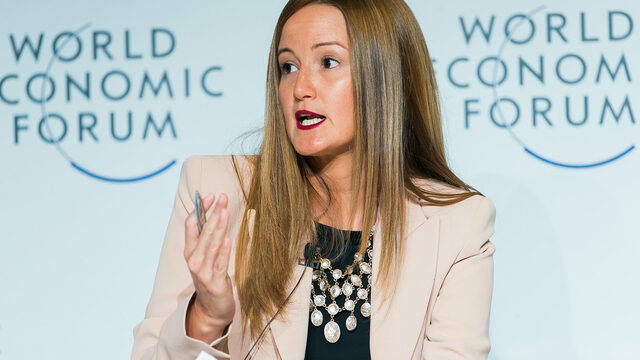
"She appointed a lot of young people she called "coordinators" who were assigned to each of the department's directors, but also reported directly to her. Their task was to help them improve and meet their targets, but also to gather information on who she could trust - and who not in the organization," Stone says.
Also, just like the US police chief, the Paraguayan minister did not shy away from the larger public, but tried to bring her in on her side."She created a public map available so people could see every contract awarded, see every project that was being done. She also invited journalists in and, instead of seeing media coverage of all the problems in the ministry as a threat, she saw it as an opportunity to explain what was happening. That is how she began to build confidence among the public that she was really trying to turn around this system," Stone concludes.
The result was an almost 12-fold increase in new housing units in the following years.
Don't measure corruption scores, measure success
Finally, Stone turns an eye to Lagos, Nigeria, and more specifically - its port - to demonstrate that sometimes you don't even need to put people in jail to change an institution for the better. In this story, the protagonist is anti-corruption head Bolaji Owasanoye, whose work helped lift the struggling port from the rock bottom of shipping rankings up - without prosecuting anyone.
Unsurprisingly, the Port of Lagos - like all Nigerian ports - was a scene of huge corruption. "When you're running a freight operation, everything depends on how quickly you can get into a port, get your material offloaded, load up the new materials and get out of that port. In Lagos, it took so long to get the freight on and off because, at every step, the managers found a new procedure all of a sudden, and unless you made a payment, the process would block."
Owasanoye was approached by the responsible authorities, but he was not asked to put people in jail - only to use his investigatory powers to find out how the bottlenecks work. "They would bring someone in who was criminally implicated. But instead of prosecuting them, [Owasanoye] just asked for information in order to understand how the corruption was working so they could work around it with new standard operational procedures," Stone says.
In under two years, the port authorities were able to reduce the waiting time for ships from over 40 days to four days. This also significantly improved the ranking of Lagos in port ratings, which surely improved its business appeal.
Main takeaways
So, what are Stone's main takeouts? Of course, every case is unique and it is impossible to draw general conclusions. But several threads seem to be cutting their way across each case.
First of all, when you face a culture of corruption in an institution, you first need to make sure you hold someone accountable for it: "You've probably all seen the leader who comes in and says, I don't know what happened before, but it's a new day now. Now that I'm here, we're doing the right thing. It doesn't work. You have to have accountability for the past."
Yet, these efforts need to be focused and not turn into a crusade: "But don't go after everybody. Think of the 15% of corrupt officers. Think about the Gonzales in your department."
Then, think about the new rules you're setting: "Think about who you're promoting from inside the organization. And think about the outsiders you can be inviting in, whether it's journalists or auditors or others who are going to act as watchdogs."
Lastly, don't focus on measuring how much you've decreased corruption - this can only backfire. Instead, focus on results - just like the reformed Paraguayan ministry or the Port of Lagos. "They measured progress by the ability of the organization to deliver on its mission, not by how much corruption they ended," Stone concludes.
When Marc Morial was elected mayor of New Orleans, Louisiana, in 1994, he had a very serious problem on his hands - he couldn't trust his police. The 1,500-strong department was rotten, seemingly beyond repair, brimming with corruption and impunity. The city was named "the murder capital of the USA," with only one out of three homicide cases getting resolved.
Underpaid police officers were busier doing their part-time jobs as private security guards in strip clubs and bars than resolving murders and some went as far as to assassinate people who filed reports against them. In practice, the police had become another arm of the organized crime world in the city.








